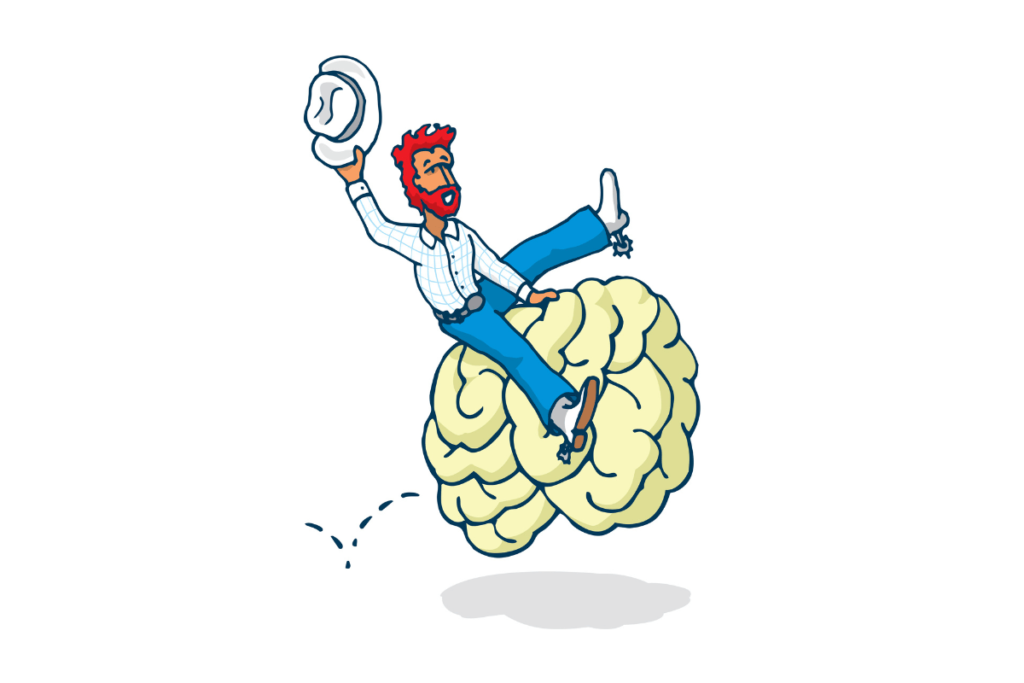The world of remote work has opened up new opportunities and flexibility for many individuals, but it can pose unique challenges for those who struggle with impulsivity, particularly those with ADHD. The freedom to set your own schedule and work from the comfort of your home can be a double-edged sword for individuals who battle impulsive tendencies. In this article, we’ll explore the impact of impulsivity on remote workers with ADHD and provide practical strategies to help them thrive in this environment.
Understanding Impulsivity and ADHD
Impulsivity is a hallmark symptom of Attention-Deficit/Hyperactivity Disorder (ADHD). It’s characterized by acting without thinking, making decisions on the spur of the moment, and having difficulty inhibiting impulsive reactions. For remote workers with ADHD, this can manifest as challenges in time management, task prioritization, and maintaining focus on important projects.
The Remote Work Challenge
Remote work offers a degree of autonomy that can be liberating for some, but it can also amplify the difficulties associated with impulsivity. The absence of direct supervision and the shift from a structured office environment to the less-regulated home setting can lead to decreased accountability and increased distractions. Remote workers with ADHD might find themselves constantly shifting between tasks, struggling to adhere to schedules, and frequently succumbing to impulsive urges.
On the bright side, ADHD sufferers also tend to have certain strengths and skills that, because of acute gaps in attention, may be stronger than others that don’t suffer from ADHD. Creating strategies that leverage those strengths can be life changing.
Strategies for Remote Workers (and Managers of Remote Workers) to Manage the Realities of ADHD
- Establish a Routine: Creating a daily routine can provide a sense of structure that combats impulsivity. Set specific times for starting and ending work, as well as designated break periods. Consistency helps your brain transition between tasks more smoothly.
- Prioritize Tasks: Make a to-do list and rank tasks based on importance. Focus on completing one task before moving on to the next, even if the impulse to switch arises. Tools like task management apps or simple pen-and-paper lists can help you stay organized.
- Time Blocking: Allocate specific time blocks for different tasks. Use timers to stay on track and commit to a task during the designated time. Knowing you have a dedicated period to work on a task can help minimize impulsive diversions.
- Digital Detox: Minimize digital distractions during work hours by turning off non-essential notifications. Consider using website blockers or apps that limit your access to distracting websites or apps.
- Create a Dedicated Workspace: Designate a specific area for work that is free from potential distractions. This physical boundary can help trigger your brain into “work mode” and reduce the urge to impulsively engage in non-work activities.
- Practice Mindfulness: Mindfulness techniques can help increase awareness of impulsive thoughts and actions. Techniques like deep breathing, meditation, and grounding exercises can help you regain focus and resist impulsivity.
- Utilize the Two-Minute Rule: If a task takes less than two minutes to complete, do it immediately. This simple rule prevents small tasks from piling up and becoming overwhelming, which can lead to impulsive decision-making.
- Take Regular Breaks: Incorporate planned breaks into your schedule. Allow yourself short, focused breaks to reset and recharge, reducing the likelihood of impulsive distractions.
- Use Visual Reminders: Post visual cues around your workspace to remind you of your goals and tasks. These reminders can help redirect impulsive actions back to your planned work.
- Seek Accountability: Share your goals and plans with a friend, family member, or colleague who can help hold you accountable. Regular check-ins can provide an external structure that complements your internal efforts.





